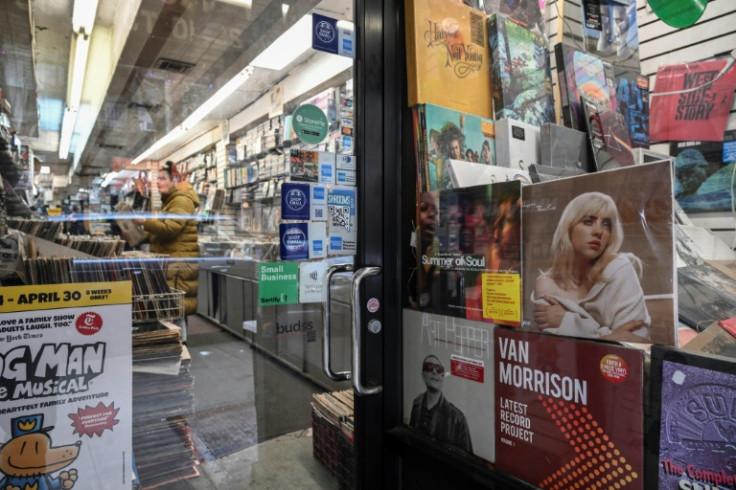Gen Z and Millennials prioritise retailers' reputation and values over price
A new study reveals that despite a challenging economic environment, Gen Z and Millennial customers prioritise retailers' reputations when making purchasing decisions.

Despite the hard economic and high inflation environment, Gen Z and Millennial customers stand in stark contrast to those of their parents' generation.
Both generations have continued to prioritise retailers' reputations and brand credentials when deciding where to spend their money. According to a new American Express study, younger generations place a strong emphasis on retailers' reputations and brand credentials. Their parents' generation, according to the research, is considerably more price-oriented when it comes to loyalty.
The study of 2,000 UK shoppers looked at the current determinants of brand loyalty and how retailers can attract and retain customers in today's competitive market. The report revealed a generational divide in loyalty drivers.
According to the report, one-third (33%) of 18 to 34-year-olds (Gen Z and Millennials) indicated they are more loyal to firms with a positive corporate reputation and values that line with their own. This is in contrast to one in every seven customers over the age of 55.
The study also elucidated on Gen Z and Millennial customers' dedication to purposeful buying. These younger shoppers were found to be the most likely to contribute their loyalty program points or rebates to charitable causes, showcasing their commitment to making a positive impact.
According to the findings, there is a strong 'loyalty split', with drastically divergent generational opinions on what boosts loyalty to a company. The report pointed out that while the vast majority (86%) of those over 55 indicated an appealing price tag as a significant loyalty driver, Gen Z and Millennial buyers were the least likely generational divide to regard price as a loyalty driver (49%).
Moreover, the older generation exhibited less tolerance of poor customer service, with over two-thirds (63%) of customers over 55 agreeing that a bad in-store experience would make them less loyal. In contrast, less than one-third (29%) of younger shoppers felt the same way.
"Building a loyal customer base is the holy grail for any retail brand, but the current economic environment means that's tougher than ever as shoppers prioritise and flex their spending," said Dan Edelman, Vice President and UK General Manager of Merchant Services at American Express.
Edelman noted that the company's research demonstrates a substantial generational divide, implying that retailers must employ a range of strategies in areas such as price, purpose, and service to keep customers coming back and spending.
The study also uncovered some common ground between the younger and older generations. A similar number of 18 to 34-year-olds and over 55-year-olds (64% and 54%, respectively) claimed that rising living costs have prompted them to consider using a loyalty scheme for the first time to help save money. According to the research, shoppers in both of these groups belong to an average of four loyalty programs.
Kate Nightingale, Consumer Psychologist and Chief Behavioural Officer of Agency Humanising Brands, commented on the study, saying: "In the current environment, it's natural for people to feel uncertainty, which means an increased desire to control their life, including where they spend money."
According to her, consumers want shops to provide reassurance to them and provide services that make their lives easier, while also making them feel valued by the brands they choose to support. She stressed that it is apparent that, in addition to pricing, purpose and authenticity are crucial aspects that foster trust and long-term loyalty.
© Copyright IBTimes 2025. All rights reserved.






















